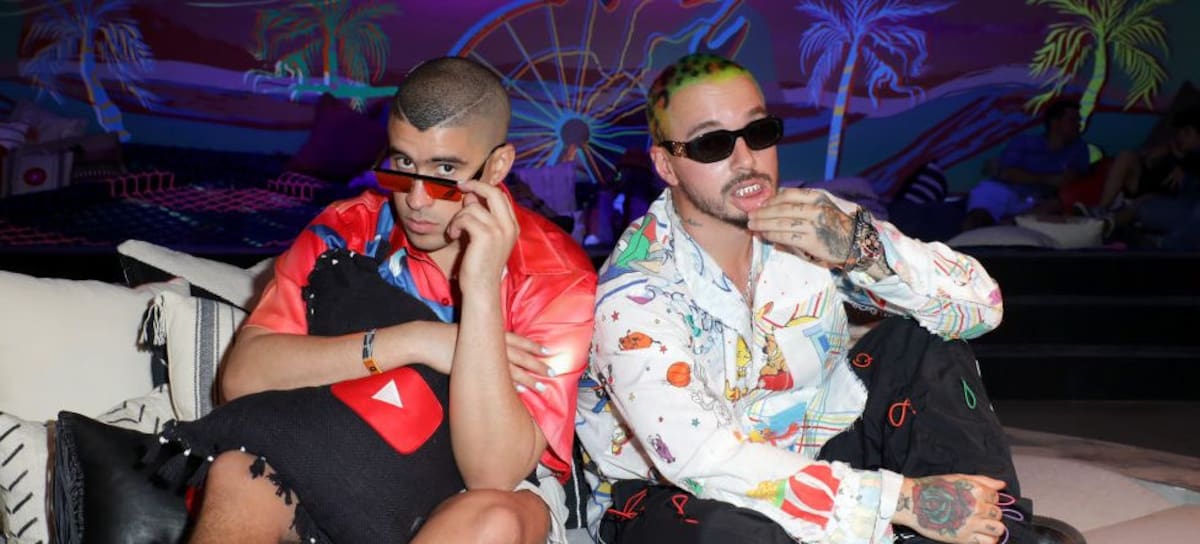What Is Reggaeton: Origins & Characteristics of The Music Genre
This genre has had a significant presence in the music scene for years

(WordPress)
Reggaeton, or reguetón, depending on where you’re reading this, has been a party favorite and a significant presence in the music scene for years. Its catchy beat is hard to miss, whether it’s playing on the radio, in clubs, or on streaming platforms. But, do you know where it all started? Let’s delve into its origin and history.
What Is Reggaeton & Where Does It Come From?
Reggaeton is a music genre that emerged in the 1990s. It started as an underground movement in the rural areas of Panama and Puerto Rico, blending elements of reggae and Spanish-language hip-hop. Influenced by Latin rhythms and built on the rhythmic structure of dancehall reggae, known as dembow, originating from Jamaica.
Reggaeton started to gain traction as a musical genre when many Panamanian artists began experimenting with translating well-known dancehall reggae hits into Spanish, which they called ‘Reggae en Español.’
A lot of these early reggaeton pioneers, including the Panamanian artist Edgardo Franco, also known as El General, were descendants of Jamaican immigrants who came to Panama in the early 20th century to work on building the Panama Canal.
While the rhythmic foundation of reggaeton comes from Jamaica, a significant portion of its history and growth happens in New York City. There, Panamanians, Puerto Ricans, Jamaicans, and African Americans mix cultures and sounds. Because of the strong influence of the Puerto Rican community on New York’s hip-hop scene, the movement shifts to San Juan, Puerto Rico, where reggaeton solidifies itself as a musical genre.
Who Was the First Singer to Pioneer Reggaeton?
During that time in Puerto Rico, artists and music groups like Vico C, The Noise, Tego Calderón, Big Boy, Ivy Queen, and Daddy Yankee were among the first to experiment with this infectious rhythm. By the early 2000s, it had already become a significant part of the island’s music scene.
However, Vico C (Luis Armando Lozada Cruz) deserves special recognition in this regard. Born in Brooklyn in the early seventies, he is widely regarded by experts as the founding figure of reggaeton.
Vico C, originally from New York with Puerto Rican roots, relocated to Puerto Rico in the early eighties, deeply influenced by hip-hop culture. There, he began rapping in Spanish, pioneering the fusion of reggae and Caribbean rhythms with hip-hop. As a result, in 1991, Vico C released «Bomba Para Afincar,» widely regarded as the first reggaeton song in history—though some attribute this title to other figures like Big Boy or Ivy Queen.
Defining Features of Reggaeton
Reggaeton stands out for its strong bass lines and repetitive rhythms. It emphasizes both the singer’s vocals and the DJ’s skill in mixing the music. Its beats are catchy and perfect for dancing, often leading to sensual movements among listeners. Additionally, reggaeton is known for blending various genres, including elements from dancehall, reggae, hip-hop, and rap.
Reggaeton in Spanish
The popularity of reggaeton has been steadily increasing for more than a decade, providing a significant platform for leading Latin artists like J Balvin, Luis Fonsi, Becky G, and Spanish musicians who have dabbled in the genre like Enrique Iglesias and Rosalía, among others.
Big reggaeton hits like «Gasolina,» «Papichulo,» and undeniable ones like «Despacito» have reshaped the music scene in recent years, solidifying reggaeton’s position in popular culture.
Notable artists from different musical genres have also achieved remarkable success by collaborating with reggaeton or incorporating its rhythmic elements, such as Ed Sheeran («Shape of You,» 2017), Shakira («Hips Don’t Lie,» 2006), or Justin Bieber («Sorry,» 2015).
Why is Reggaeton So Popular?
There isn’t just one answer to this question. Reggaeton became a hit in the 2000s because it grabbed the attention of audiences across Latin America, Spain, and the United States. Many people couldn’t resist its infectious rhythms and loved dancing to it at parties, while artists saw its potential and embraced it.
However, controversy has always surrounded reggaeton. Critics have raised concerns about its lyrics, which are often seen as explicit and offensive, particularly towards women. Even its music videos have been criticized for promoting misogyny. This has prompted some artists who are dedicated to the genre to choose lyrics that are more romantic and/or feminist, and to create productions that prioritize different themes.
Original article in Spanish by LOS40 Spain.
